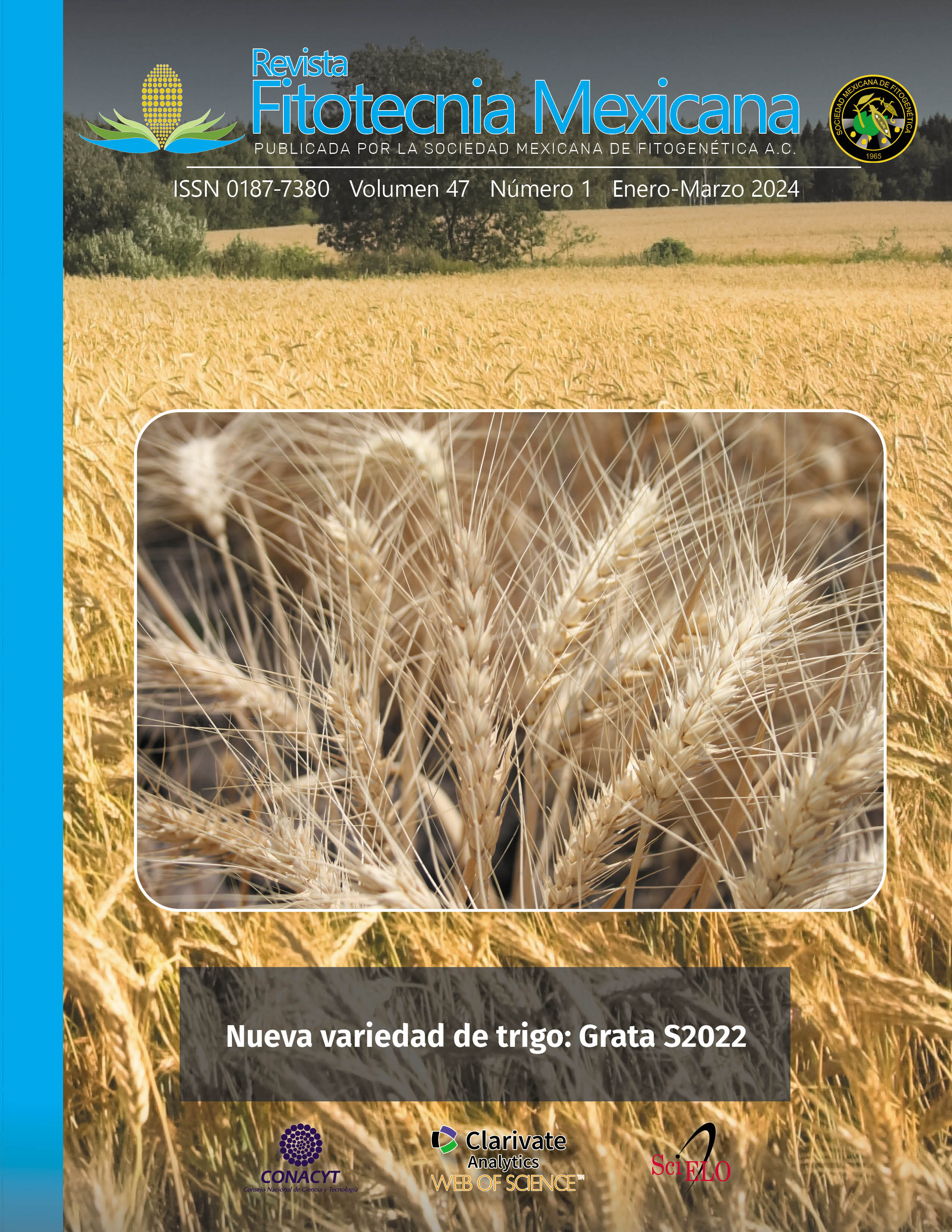FINANCIAL EVALUATION OF THE SUSTAINABLE PRODUCTION OF MICROGREENS IN PRODUCTION ROOMS AT THE HOUSEHOLD LEVEL
Main Article Content
Abstract
Traditional agriculture faces sustainability challenges to meet the food demand of the world population, due to various factors such as climate change and soil erosion. The aim of this research was to financially evaluate microgreen crops in production rooms under controlled environmental conditions through two production systems differentiated by the energy supply: Federal Electricity Commission (CFE) and solar panels. The study was carried out in three stages: 1) production of microgreens in cultivation rooms with controlled humidity and temperature, and calculation of agricultural yield; 2) estimation of the energy consumption required in the germination process and associated economic cost, and 3) financial evaluation of the project in the cited scenarios. The microgreens developed in 15 days. Yields were 0.38, 0.38, 0.41, 0.43 and 0.38 kg m-2 for alfalfa (Medicago sativa), beetroot (Beta vulgaris), broccoli (Brassica oleraceae var. italica), wheat grass (Triticum eastivum) and radish (Raphanus sativus), respectivaly. The energy consumption of the equipment to maintain environmental conditions in the production room was 188.4 kWh. Eight 320 kW solar panels were required for the photovoltaic system. Fixed costs were $ 24,103.96 Mexican pesos (MXN) (CFE system) and $ 48,471.75 MXN (solar panels system); variable costs were $ 1.32 MXN (both systems). The net present value indicated the project profitability in nine (CFE system) or 14 months (solar panels system); the operating profit margin was 34.7 % in both cases. The implementation of the project reduces pressure on water and soil, and contributes to the sustainable development goals of the United Nations Organization 2030 Agenda.

